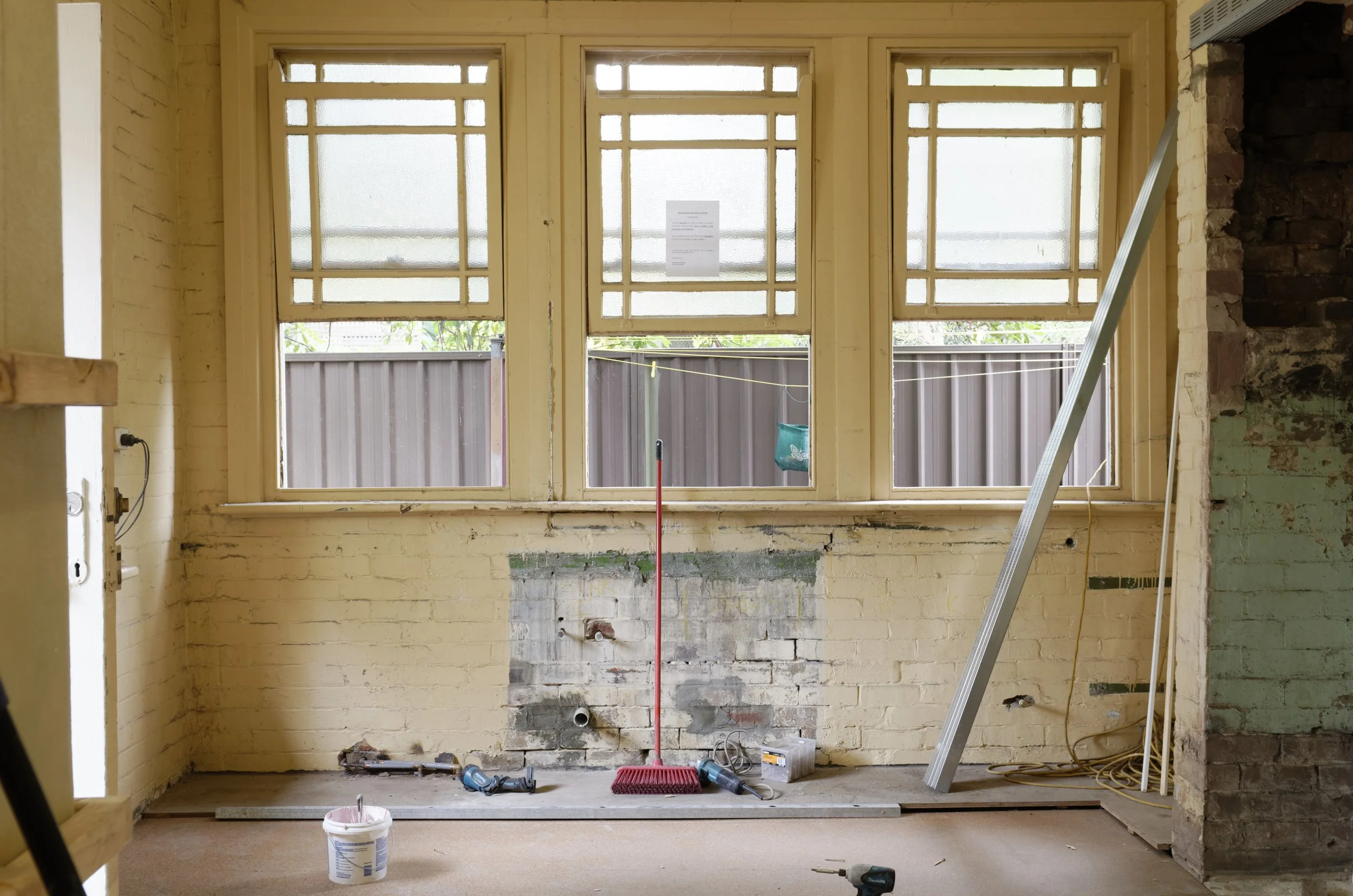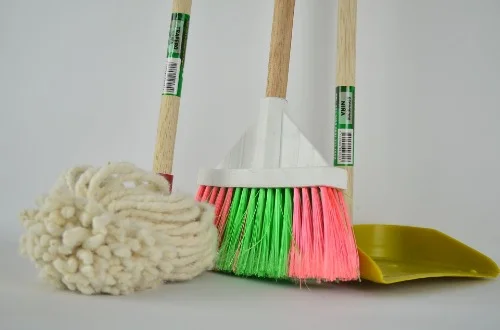What are my Options if I Discover Water Leaks in a House I just purchased in Nova Scotia?
/Real Estate law in Nova Scotia is grounded in the very old legal concept, ‘caveat emptor’, which is ‘Buyer Beware’. The idea being, no one is forcing you to buy the property, so before you sign on the (digital) line, the onus is on you to ensure you really want what they are selling. That’s why you have the option to ask for permission to do a thorough home inspection and have a Property Disclosure Statement produced.
Read More
























